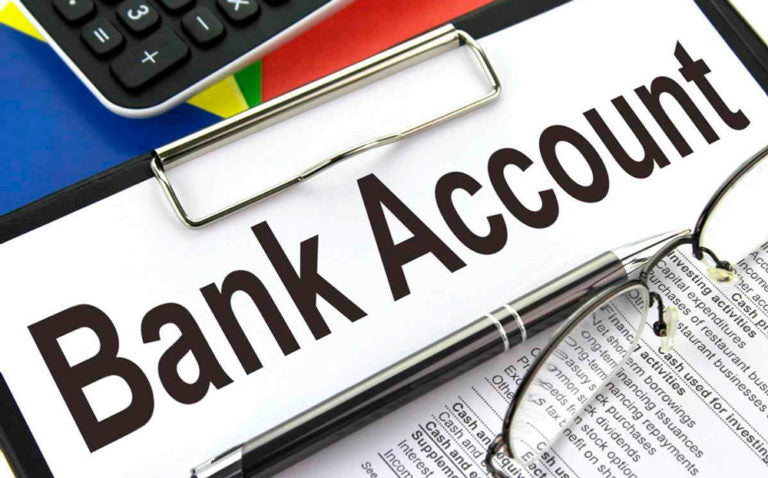Menu
-
-
COURSES
- Tax-Exemption
- Credit Building
- Books/Discourses
-
Mentor Program Series
- Adding and Removing Individuals from The Trust
- Asserting Personal Freedom: Navigating Vaccine Exemption for Individual Sovereignty
- Employment Tax Options with a Trust: A Comprehensive Guide
- Establishing A Trust Abroad
- Estate Planning Mastery
- Exploring Free Housing Opportunities
- Mastering Student Loan Repayment: A Game-Changing Strategy
- Maximizing Benefits: Navigating the EBT Application
- Property Tax Exemption: A Comprehensive Solution for Property Owners
- The Trust As A Business
- Trust Strategies for Secure Vehicle Ownership
- Unlocking Savings: Discounted Wi-Fi and Phone
- Waive Any Court Fees
-
ABOUT
- FAQS
- TESTIMONIALS
- LIVE TV
- BLOG
- CONTACT
-
MY COURSES
-
- Login
-
United States (USD $)

Add description, images, menus and links to your mega menu
A column with no settings can be used as a spacer
Link to your collections, sales and even external links
Add up to five columns
Add description, images, menus and links to your mega menu
A column with no settings can be used as a spacer
Link to your collections, sales and even external links
Add up to five columns

Your Guide to Opening a Trust Account at Your Bank
October 27, 2023 2 min read

Thinking about setting up a trust account at your bank but not sure where to start? No sweat! We're here to break down the process for you in a way that's easy to understand, based on some insights from a recent video.
**Step 1: Gather Your Docs**
First things first, when you waltz into your bank to open a trust account, they'll want to see some documents. Get ready to show them your "Declaration of Trust" and your snazzy Employer Identification Number (EIN). These papers are pretty darn important because they help the bank figure out what your trust is all about and make sure everything's on the up-and-up legally.
**Step 2: Prove It's You**
Banks want to be sure it's really you trying to open this trust account, so be prepared to prove your identity. You'll need to provide your personal identification and your social security number. But hold on a second, that social security number ain't yours—it's the trust or entity's. They use it for licensing and to keep tabs on how the trust was born.
**Step 3: Legal Eagle Time**
After handing over your documents and getting through the identity check, the bank does its homework. They'll scan those docs and pass them along to their legal team. These folks are the watchdogs, making sure everything checks out with the legal side of trust accounts.
**Step 4: Q&A Session**
Expect the bank to ask you some questions about the paperwork or other trust-related stuff. It's like a mini-quiz, so be ready to share what you know to keep things moving.
**Step 5: Sign on the Dotted Line**
Once all the checks are done, it's time to put your John Hancock on some paperwork. Don't stress; it's all part of the process to make your trust account official.
**Step 6: Wait for Your Goodies**
Now, here's the part where patience comes in handy. The bank will send you your new debit card and checks via snail mail. The delivery time can vary, so don't get antsy; they'll arrive soon.
To sum it up, opening a trust account at your bank is a breeze and usually takes about an hour, including your time at the bank. Grab your Declaration of Trust and your EIN, and don't forget that social security number is for the trust, not you personally.
So, if you're thinking about securing your financial future with a trust account, don't hesitate. Head over to your bank and kick-start this exciting journey—it's as easy as pie!
Subscribe
Sign up to get the latest on sales, new releases and more …